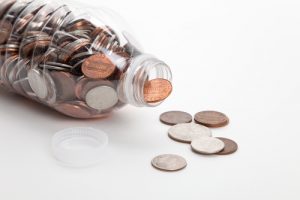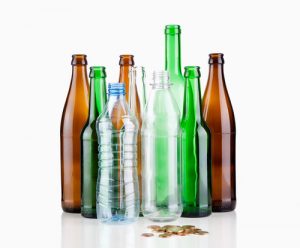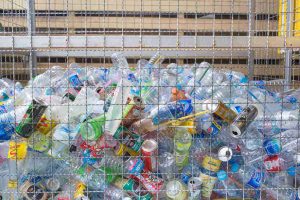 No joke: On April 1, a U.S. state and a Canadian province will implement some big changes to their beverage container deposit programs.
No joke: On April 1, a U.S. state and a Canadian province will implement some big changes to their beverage container deposit programs.

 No joke: On April 1, a U.S. state and a Canadian province will implement some big changes to their beverage container deposit programs.
No joke: On April 1, a U.S. state and a Canadian province will implement some big changes to their beverage container deposit programs.
 Legislative movement on a pair of bills in the Hawkeye State has drawn recycling industry interest in recent days.
Legislative movement on a pair of bills in the Hawkeye State has drawn recycling industry interest in recent days.
 With the frequency of container deposit-related legislation, advocates often look to other states for examples of what to expect when a new law is proposed, and there’s no shortage of states to refer to.
With the frequency of container deposit-related legislation, advocates often look to other states for examples of what to expect when a new law is proposed, and there’s no shortage of states to refer to.
 The Golden State’s container redemption program differs from bottle bills in other states, and according to a new study, that might be bringing it down.
The Golden State’s container redemption program differs from bottle bills in other states, and according to a new study, that might be bringing it down.
 Maine’s lawmakers and governor are fighting a big battle over small containers. The legislature wants to place a deposit on liquor bottles called “nips,” but Gov. Paul LePage is vowing to fight it.
Maine’s lawmakers and governor are fighting a big battle over small containers. The legislature wants to place a deposit on liquor bottles called “nips,” but Gov. Paul LePage is vowing to fight it.
 Regulators in British Columbia ramp up pressure on newspaper publishers to contribute to recycling funding, and New York City Council members will likely vote in early May on a plastic bag fee law.
Regulators in British Columbia ramp up pressure on newspaper publishers to contribute to recycling funding, and New York City Council members will likely vote in early May on a plastic bag fee law.
 One of the world’s biggest fast-food companies is reportedly failing to meet its recycling obligations in British Columbia, and The Recycling Partnership provides cart financing in Michigan.
One of the world’s biggest fast-food companies is reportedly failing to meet its recycling obligations in British Columbia, and The Recycling Partnership provides cart financing in Michigan.
 An Australian state will introduce a container deposit program next year and a city in Nebraska considers a landfill ban on paper.
An Australian state will introduce a container deposit program next year and a city in Nebraska considers a landfill ban on paper.
 Regulators in California bring the hammer down on a Los Angeles-area redemption center for alleged labor law violations, and Minnesota moves to revoke a metals recycling company’s air quality permit.
Regulators in California bring the hammer down on a Los Angeles-area redemption center for alleged labor law violations, and Minnesota moves to revoke a metals recycling company’s air quality permit.
 Paper giant Cascades closes a Maine mill consuming recovered fiber, and Winnipeg notches a high recycling rate but receives more missed pick-up complaints.
Paper giant Cascades closes a Maine mill consuming recovered fiber, and Winnipeg notches a high recycling rate but receives more missed pick-up complaints.
